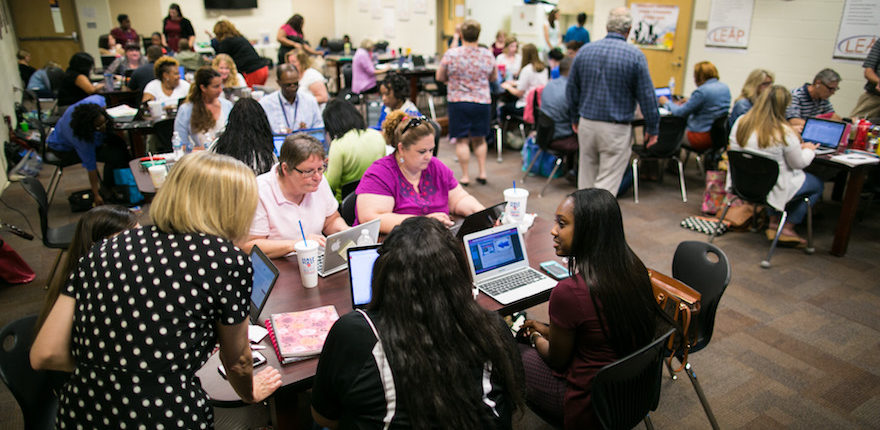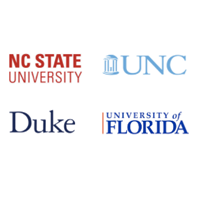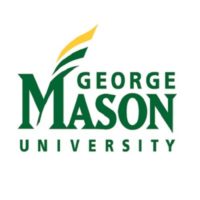Teaching Computer Science: Capacity Building and Scaling

Across the United States and Canada, universities and colleges are facing significant increases in undergraduate computer science (CS) enrollments. This surge has exceeded all previous CS program booms and there is a general sense that the current enrollment growth is substantially different than that of the mid-1980s and late 1990s. The Computing Research Association (CRA)’s Generation CS Study sheds a light on the growing enrollment trends and their impact on computer science units, diversity, enrollment management strategies, and more.
Although different institutions, large and small, are experiencing the enrollment increases in different ways, many programs are already operating at or beyond their maximum capacity. To help departments and faculty deal with this capacity crunch, this Scaling Capacity website is intended to provide a platform for sharing technological and pedagogical interventions for addressing capacity challenges. These practices are not designed to be ‘one size fits all’, but rather offer a variety of solutions derived from specific university needs.
This intervention list includes recipients of Google’s CS Capacity Awards and other self-nominated programs.
If you would like to nominate a CS Capacity Growth Approach, please fill out this form. Submissions will be evaluated and selected based on their potential for broad impact and interest. Due to additional constraints, CRA-E cannot guarantee that all submissions will be highlighted.









